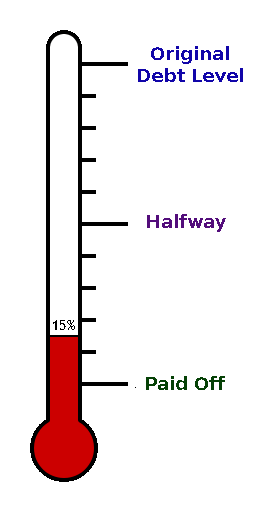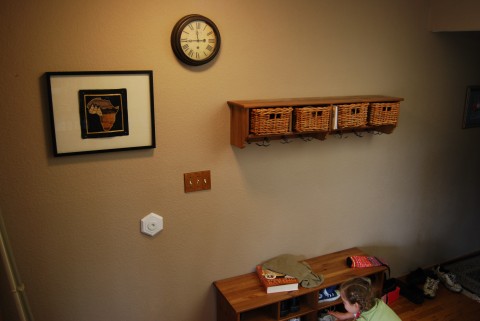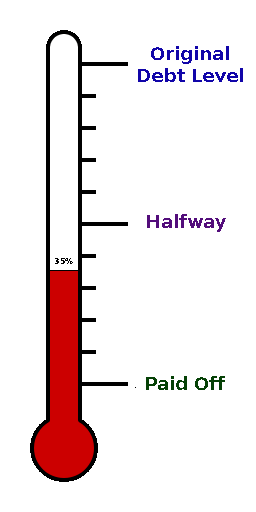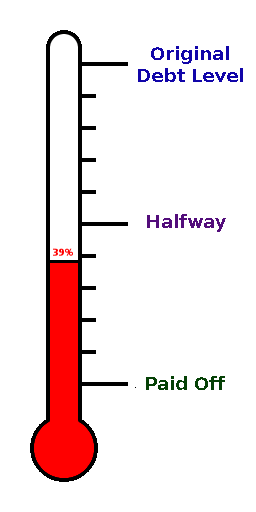Over the years, I’ve worked at quite a few different jobs. I’ve been a grocery bagger, a lawn worker, a clerk/typist and a soldier. I’ve sold fish wholesale and worked the front desk at several hotels. I’ve spent time as children’s program director at a Christian camp and served behind the deli counter at a supermarket chain. I’ve been employed as a chauffeur and a bell-boy and purchasing agent. I was very possibly the lowest-paid political appointee in all of Washington, D.C., for one eight-month stint. More than 16 years of my life, I’ve been a programmer of one sort or another.
Some of these jobs didn’t really appeal to me as a career. For example, working behind the deli counter was interesting only for the first five or six weeks — there are only so many different kinds of meats and cheeses (and I tried ‘em all!). I wasn’t fast enough to make bagging groceries very remunerative. Selling fish, as it turns out, made me very popular with cats, but limited my social opportunities. And I didn’t like the hours of being a soldier.

At least I never had to ride a horse, for any of my jobs.
Sometimes I look back at my life and I wonder, “what would it have been like if I had become a … dentist?” Well, OK, I don’t spend much time wondering about that, but there were certainly other possibilities. With a little more work, I might have retained my ROTC scholarship and become an Army officer, like my brother and my Dad. Or I might have followed the call of missions and taken that job as a network administrator for a missions agency in the Ivory Coast. I’m not griping, but why have I chosen to spend all this time as a programmer? Is it enough that I’m pretty good at it?

Joshua nearly was drafted into the Sharpshooters, on the spot.
One thing I’m glad I didn’t choose to be: a day-trader. I’ve always had a certain anti-genius when it comes to stock market investing. As the years have passed, I’ve seen my miniscule 401(k) investments grow into, er, slightly less miniscule 401(k) investments. When people talk about an average 8% return, I laugh uproariously — I’m lucky to see 3%. Just when a fund is about to show a profit, I am gripped with an uncontrollable urge to sell, and to buy a fund that is about to tank.
Of course, the last three weeks have not been kind to those with any kind of wealth tied up in our financial system. As in the days of the dot-com bubble burst, private investors are being sheared (perhaps even fleeced) at an alarming rate. I think my annualized rate of return is somewhere around -16%.
I read on the news that billionaire T. Boone Pickens has lost around $300 million so far this year, amounting to about 10% of his net worth, and somehow, that made me feel better. When wealthy men with a lifetime of investment experience and significant holdings in the energy sector can’t show a profit, I guess I don’t need to feel so bad about my own dire investment strategies.
But it raises an important question: where does my security come from? Do I trust in my stored up wealth? Do I take comfort in the appreciation of my home or other real estate? Do I place my confidence in my ability to work and generate income?

… or do I trust in the viscosity of water?
For a follower of Christ, the answer is simple (even if it sounds a little trite): my trust is in the Lord. But let’s look at that a little more closely. Can I trust God to ensure that I’ll continually improve my quality of life, enjoying my retirement in comfort and ease? I don’t think so. While there are some general remarks in the scriptures about righteousness and diligence and their tendency to produce lasting wealth, the only real guarantees I can think of at the moment, speak more to persecution than they do to retirement. It may be the American Dream to acquire wealth and enjoy a better standard of living than one’s parents, but I think that Christians need to take a hard look at that dream before incorporating it into their spiritual life. I suspect that the American Dream is an idol that prevents many from giving their full devotion to God.
If God chooses to bless me with wealth that I can use to bless others and pass on to my children, so much the better. But placing my hope in a future of comfort and ease here on earth seems foolhardy. God promises me an eternal rest; but while still on this planet, all bets are off.

Kathy in the sun with her Bible and her faithful Starbucks mug — a quintessential Kathy moment.
Since I first wrote this blog, the promised ‘bailout plan’ has failed in the House of Representatives, and the Dow Jones Industrial average has dropped more than 770 points (the largest ever in a single day, to include 9/11/2001). In one day, somewhere around 7% of the value of the stock markets has been erased, if only on paper. With any kind of retirement becoming less of an option, this seems like a really bad time to trust in wealth.

I don’t pretend to know if the bailout is a good idea or bad, but it has been pretty funny (yet sad) to watch the partisan skirmishing.
What do you think? Do hard economic times cause people to turn to God? Is this an opportunity for the church to reach out to hurting unbelievers? Is this a chance for people to turn away from the idols of wealth and ease?

At the very least, I hope it causes us to pray.
Tim
Related posts:























